Project Spectrum
An alternative approach to assessment and curriculum development for the preschool and early primary years
Project Spectrum offers an alternative approach to assessment and curriculum development for the preschool and early primary years. Project Spectrum's work is based on the belief that each child exhibits a distinctive profile of different abilities, or spectrum of intelligences. These intelligences are not fixed; rather, they can be enhanced by educational opportunities such as an environment rich in stimulating materials and activities. The Spectrum approach emphasizes identifying children's areas of strength and using this information as the basis for an individualized educational program.
The goal of the project from 1984 to 1988 was to determine whether distinctive intellectual strengths could be identified and assessed in children as young as four years old. Spectrum researchers designed assessment activities in seven different domains of knowledge: language, math, music, art, social understanding, science, and movement. The assessments are embedded in meaningful, hands-on activities, such as playing a bus game, telling a story with a storyboard, and taking apart and assembling meat grinders.
From 1988 to 1993, Spectrum researchers worked in public schools in Somerville and Roxbury, Massachusetts to address the needs of children who were slightly older (K-2), including those at risk for school failure. During this time, work included: 1) developing a modified field inventory using a subset of the original assessment activities; 2) designing learning center activities that help children develop key abilities in eight domains; 3) adapting the Spectrum framework for a children's museum; and 4) creating a mentorship program based on the Spectrum approach in an inner city elementary school.
The Spectrum approach can be used in a variety of ways: as an alternative assessment technique, as a set of engaging curriculum activities, or as a powerful component for intervention programs. In a broader sense, Spectrum provides a theoretical framework that can help to bring about important changes in the understanding of children's growth, appreciation of children's strengths, and the creation of an optimal educational atmosphere for children's learning.



-
-
-
-
-
-
Support PZ's Reach